Max Verstappen’s instinctive last-lap pass on Kimi Räikkönen’s Ferrari in the US Grand Prix last Sunday was a standout moment in a stellar drive from a long way down the qualifying order.
Motorsport wrap: Hamilton's US GP win secures title for Mercedes
In terms of audacity and inspiration, it was right up there with Alex Zanardi’s famous Indycar overtake on Bryan Herta in the gravel at the Corkscrew at Laguna Seca or Nigel Mansell’s blink-and-you’ll-miss-it pass on Ayrton Senna in the Hungarian Grand Prix in 1989.
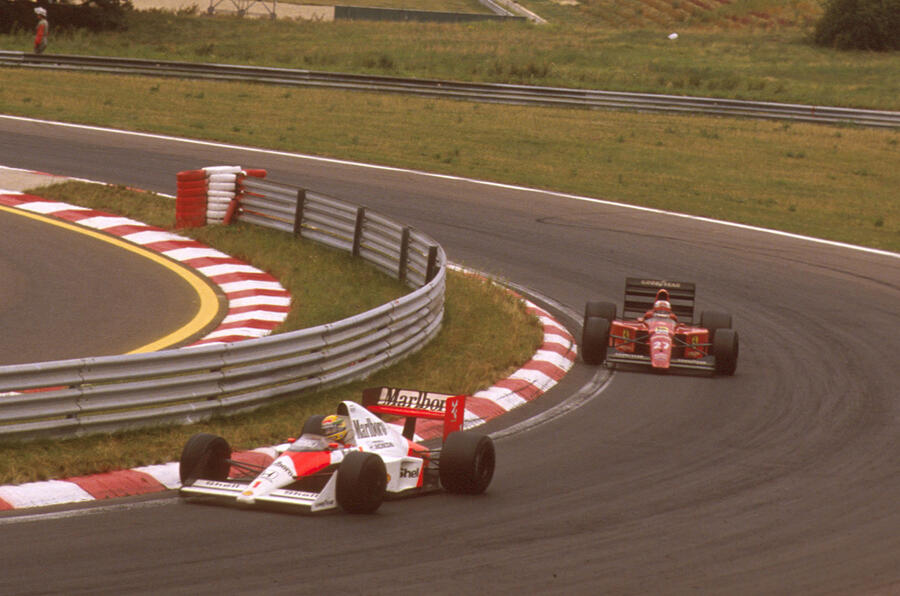
The young Dutchman was subsequently deemed to have broken a ‘track limits’ rule that is enforced with an apparent inconsistency that infuriates the drivers as much as the fans. However, the true culprit in this matter is a sport that does little to reward its true entertainers.
Max Verstappen: meeting F1's most exciting young talent
Formula 1 is, and has been for most of its history, a percentage game. More often than not, teams try to achieve their aims by plotting the lowest-risk strategy they can get away with, even if that approach means instructing their driver to perform conservatively. Why risk pushing your car at ten-tenths when you can win at seven-tenths?
The dichotomy is that the engineers and strategists in the teams don’t want excitement, drama and unpredictability because such variables play havoc with their computer algorithms, but fans who have paid a king’s ransom for a perch in the grandstands are there to be entertained.
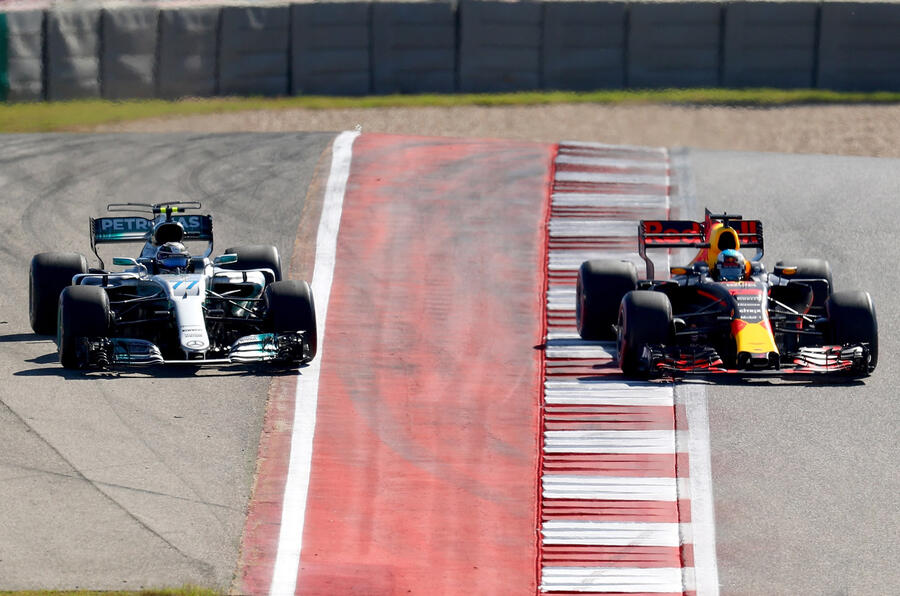

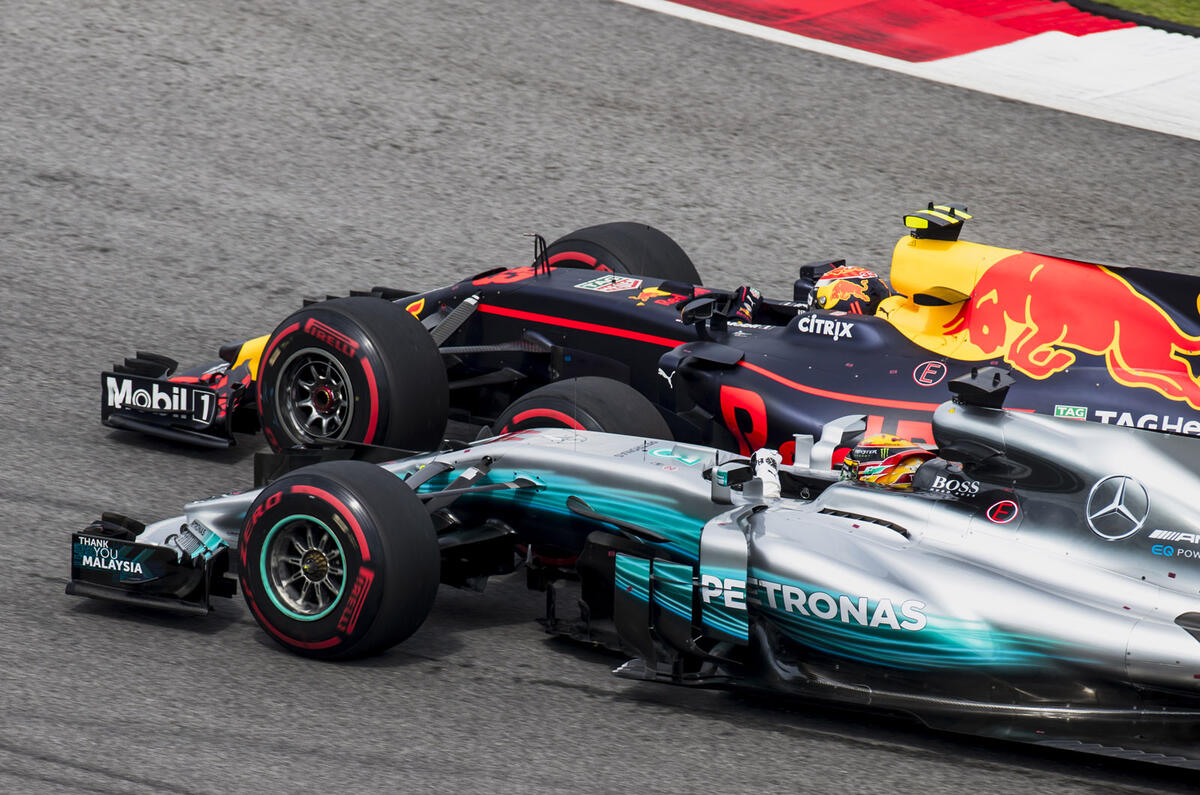
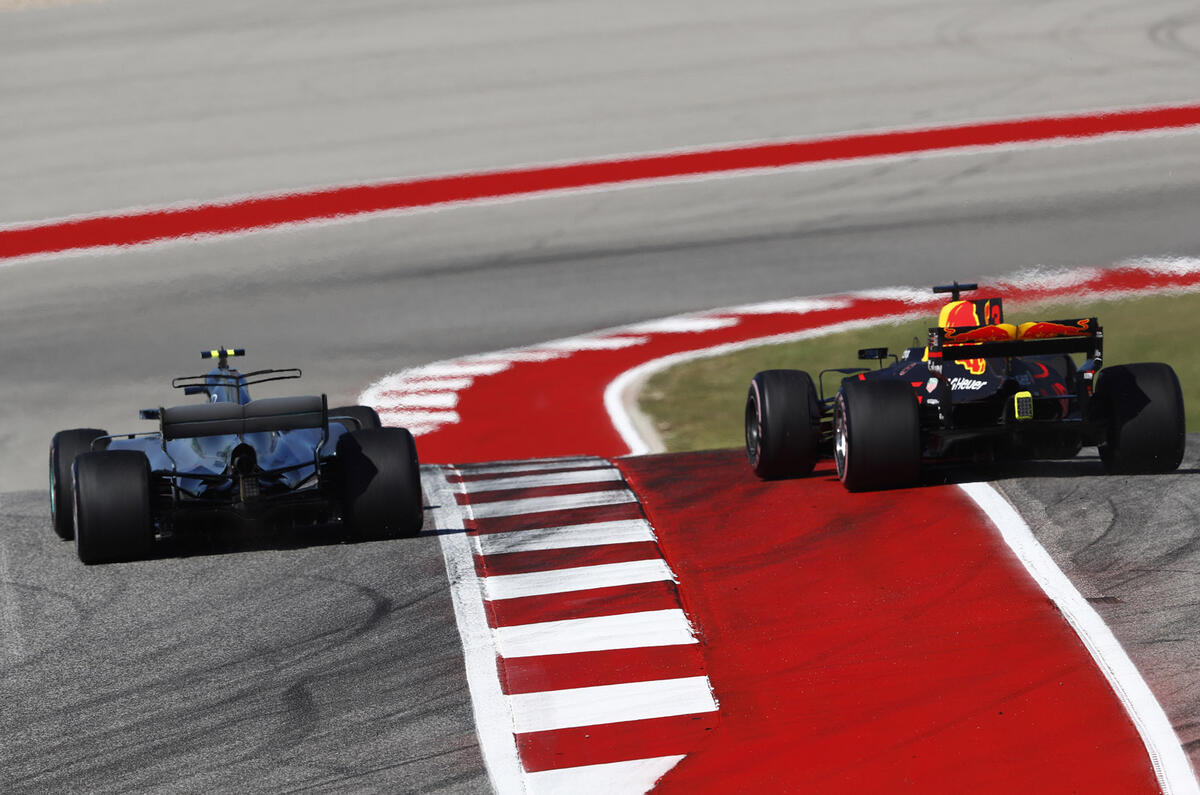
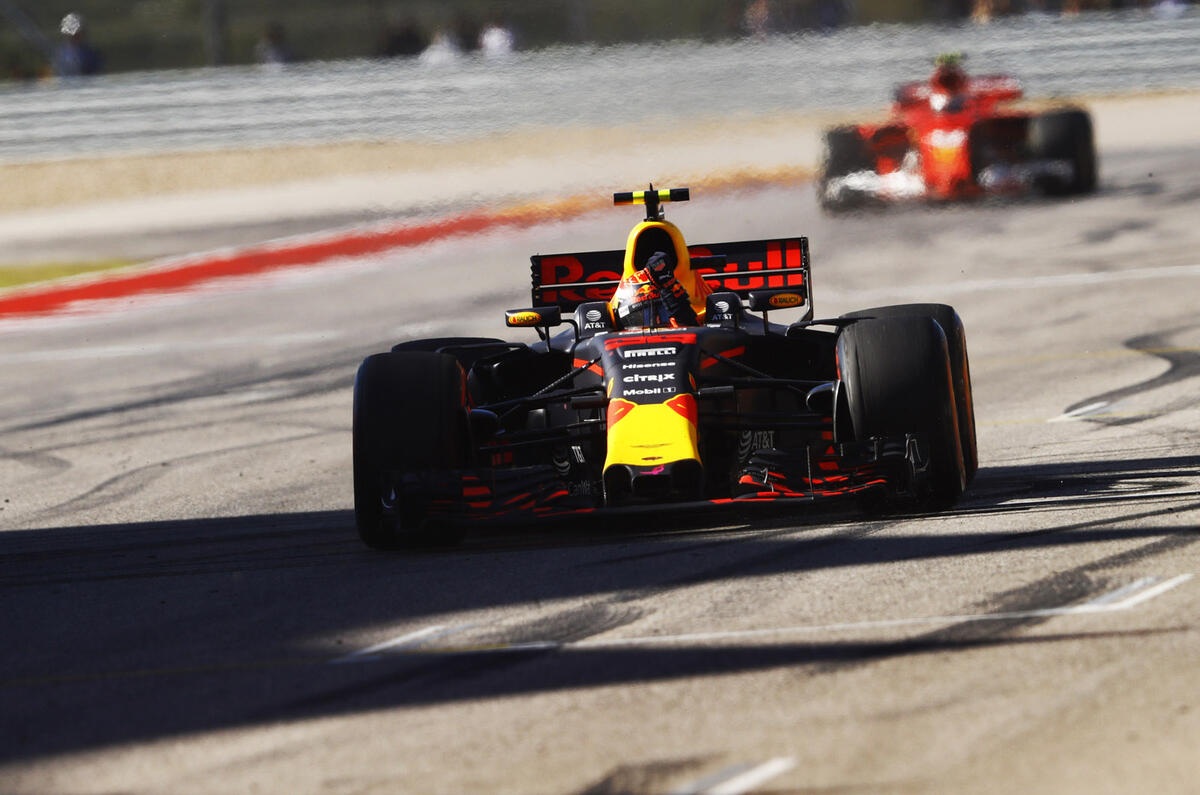
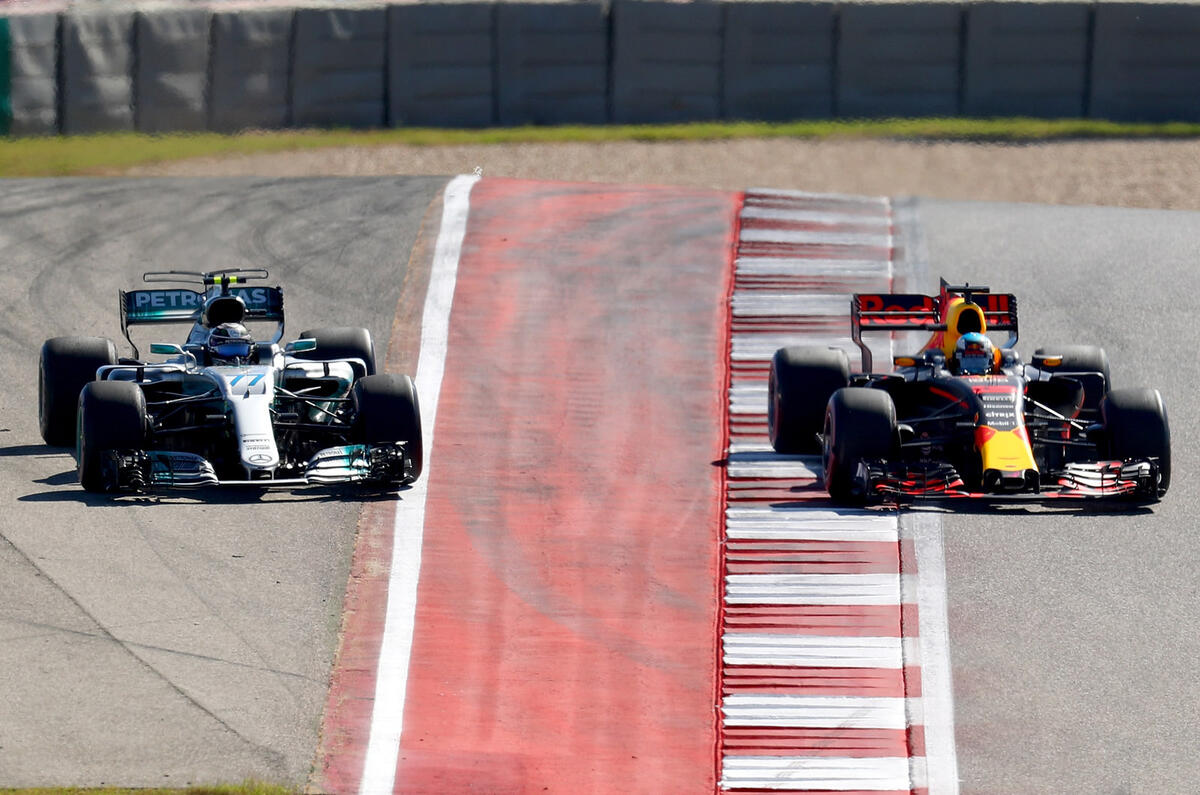
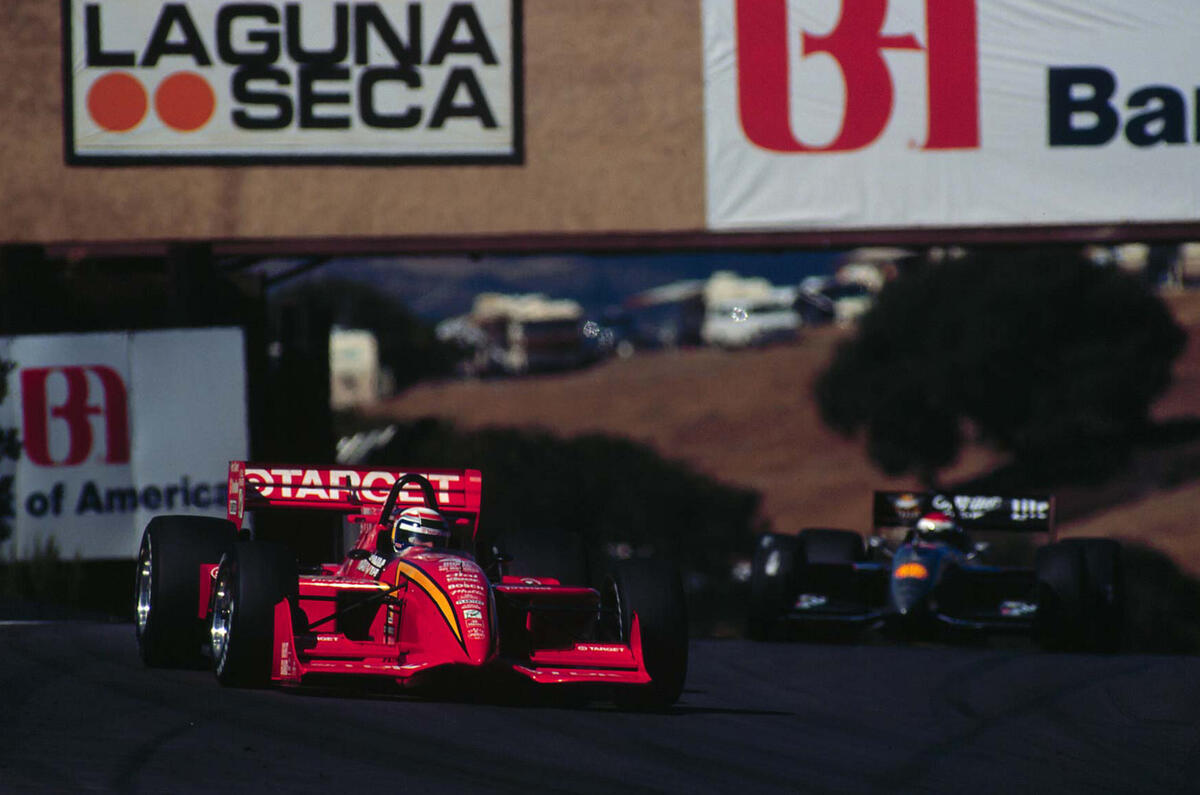
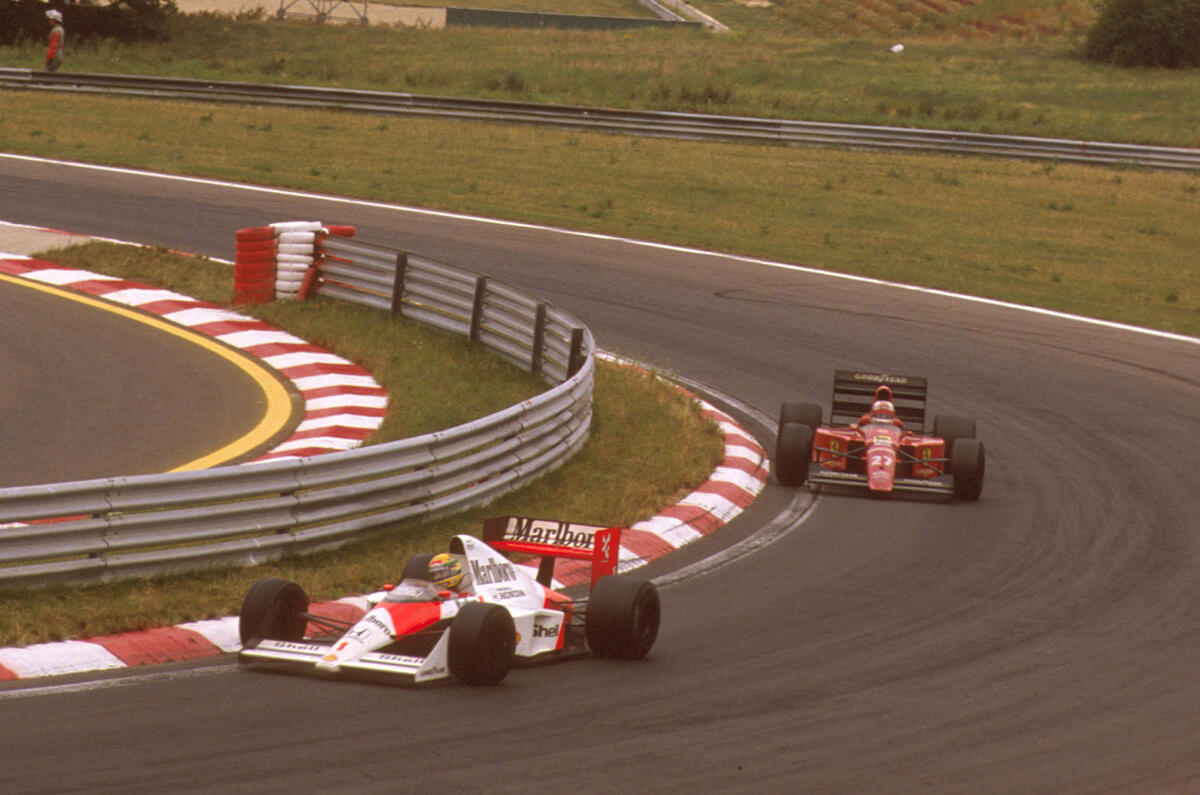
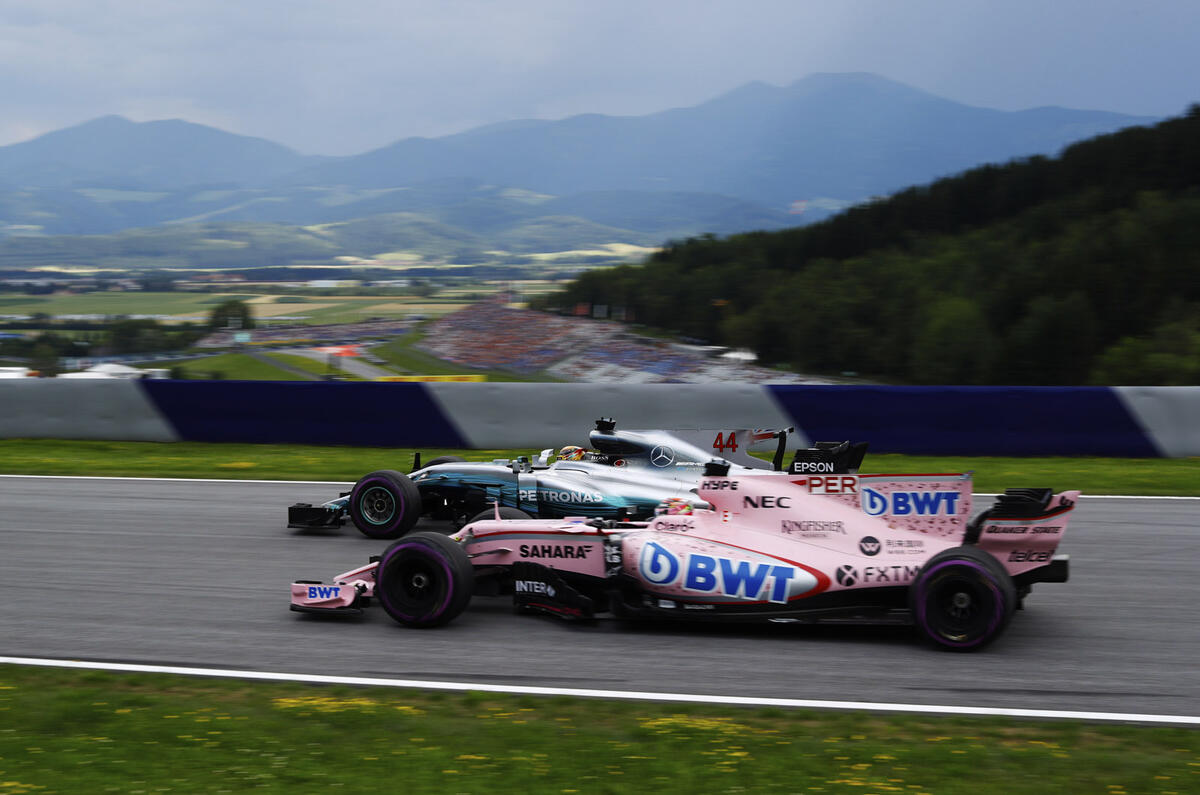
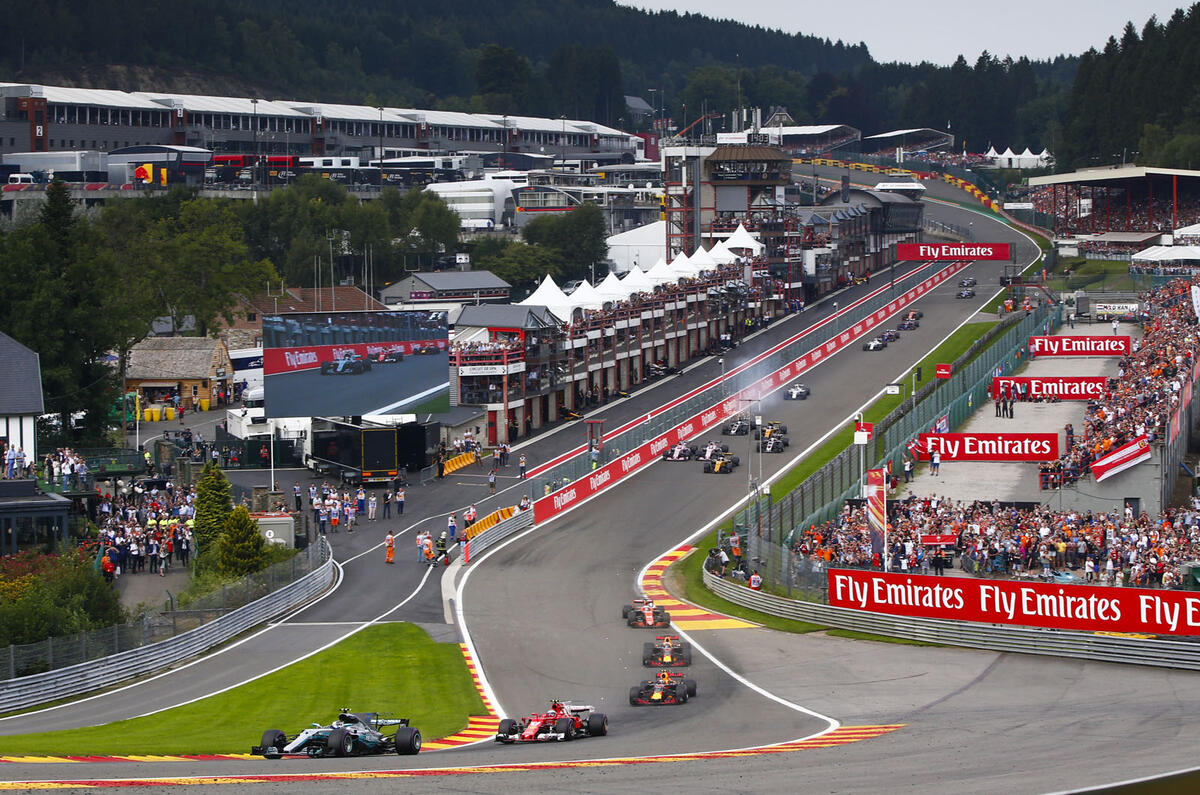


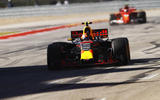






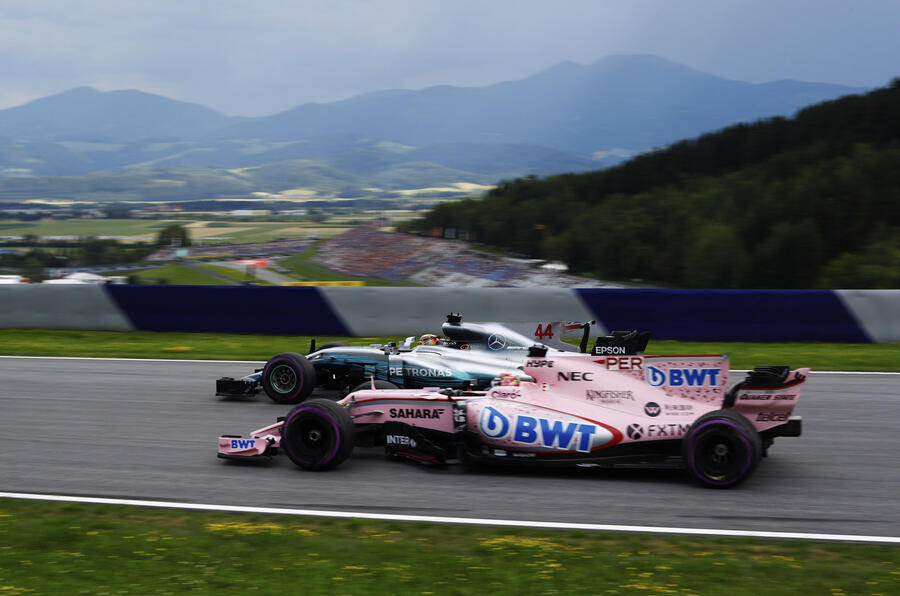
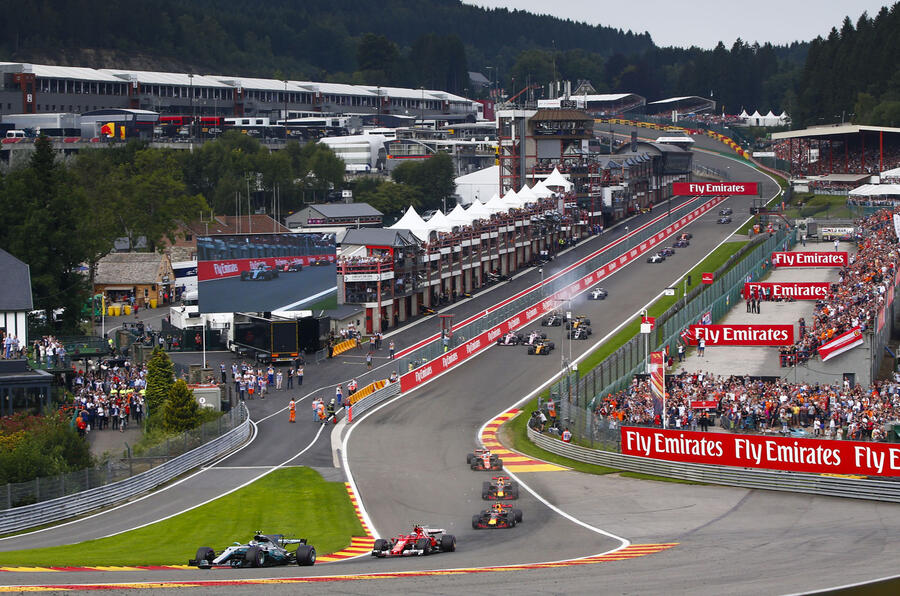

Join the debate
Add your comment
Undermining Lewis
That's why lewis got the hell out of England and doesn't talk much anymore to the UK press.
Overtaking
The author seems to infer that overtaking doesn't happen because teams don't want it to. This completely ignores the fact that the aero formula(s) we've had over the past 20 years or so make it difficult to pass, if a driver can't follow a car within a tenth or two its going to be tricky to overtake.
If a driver does follow closely for more than a few laps they damage the tyres, because the car slides around, causing excessive wear.
If the formula was changed so that the cars can follow, overtaking will increase, this is (part of) Ross Brawn's responsibility now.
Teams are not actively avoiding overtaking because it "plays havoc with their computer algorithms", its just physically difficult to actually make it happen. Make it easier and the overtakes will happen. Offering points for overtakes is not going to make overtaking more common.
People don't want to see an even more contrived show than we already have - teams dropping to the back to score extra points is farcial but it would happen if this rather odd idea was implemented. Teams would also have team mates overtake one another just to boost scores. You'd also see decoys through the field to slow rivals.
Let the cars follow, let them drive as fast as possible.
Yawn Fest
F1 the biggest yawn fest on the planet. I would rather watch paint dry.It has become like a game of chess but less exciting. The BTCC is a far better more entertaining and skilful sport than watching the crowd of FI prima donna drivers and their anorakish followers. It is just a predictable procession these days. PATHETIC!!!!!!